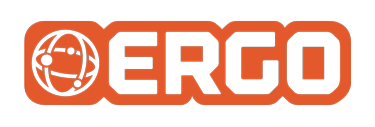The Ergo Open Source Consortium’s base IT infrastructure, Ergo-CORE, consists of the MAEViz platform developed by the earthquake engineering community under the leadership of the University of Illinois at Urbana-Champaign, with extensions provided by EQvis, a European application for industrial risk by the IRIS Project). The Consortium’s primary goal is to encourage and support the development of improvements and enhancements to Ergo-CORE, as well as development and extension of applications and models that are compatible with both the Ergo-CORE platform and one another, in order to provide for a valuable, robust environment for decision-makers and researchers concerned with hazard analysis, response, and prevention. Ergo-CORE will provide baseline data management, visualization and modeling, and analysis services, as well as user interface functions.
Currently, the Ergo project is focused on applications and tools supporting the earthquake engineering community. However, Ergo aims to broaden this focus to encompass other communities engaged in hazard risk assessment and response. While natural hazards such as earthquakes, volcanic eruptions, and severe weather and flooding will remain the major focus of application development, we anticipate similar applications in other critical areas, such as the health, utility, transportation, and supply sectors. Finally, we anticipate supporting the Ergo platform and its applications as planning tools for urban and regional development.

Ergo-CORE is open source software that leverages other open source software, particularly the Eclipse Rich Client Platform (RCP), a platform for building and deploying rich client applications. Other open source projects on which Ergo-CORE is built include GeoTools, Visualization Toolkit (VTK), JasperReports, JFreeChart, Ktable, and iText.
